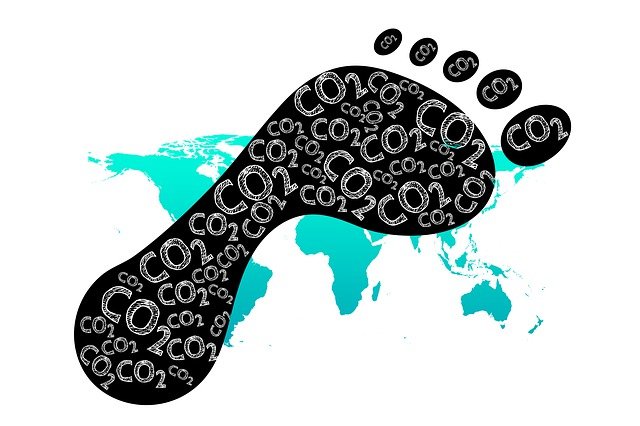SFMI and BAM FM Launch Scope 3 FM Carbon Standard
The Sustainable Facilities Management Index and BAM FM have teamed up with an industry peer group of businesses to develop a standardised approach to calculating carbon...
Read Full Article
The Sustainable Facilities Management Index has named five FM services providers that have achieved a Platinum score in 2021.
These companies have demonstrated real progress in sustainability but there must be more transparency around net-zero, according to sustainability consultancy Acclaro Advisory, which runs the SFMI.
VINCI Facilities, Skanska, Bouygues Energies & Services, Mite and Equans (formerly Engie) all achieved an 85+ rating in assessments, demonstrating their commitment to sustainability in the sector.
The SFMI is the only sustainability benchmark for the UK FM sector. Now in its ninth year, the SFMI assesses the environmental, social and governance (ESG) performance of FM service providers annually. Acclaro’s team conducts independent assessments across 23 criteria, including sustainability frameworks, management systems, social value, energy, water, compliance, health & safety, employee development, diversity and more.
2021 has been a year of challenges and discovery for the FM sector. Almost two years after COVID-19 emerged, facilities management’s role has shifted from crisis mode to strategic planning. Businesses now need their FM teams to help make sense of the built environment and the workplace after the pandemic, and the FM sector is working out how it must position itself in the market.
Against this backdrop, the 2021 assessments revealed that FM organisations are making progress across the three ESG pillars at an operational level, introducing sustainability on the ground, both internally and externally. However, outside of a select few leaders, FM organisations have struggled to make any headway at a strategic level.
Key operational level findings include:
Key strategic level findings include:
In addition to these findings, the 2021 SFMI assessments revealed a need for progress in supply chain sustainability. Clearly, FM organisations understand that genuine progress requires action across the supply chain – especially when it comes to reducing overall emissions for net-zero targets – but there is still the need for guidance on a targeted strategic and transparent approach in this area.
Chris Havers, SFMI programme director, said: “FM organisations continue to excel at implementing sustainability at an operational level, improving performance in areas such as zero carbon and transport internally and for customers. But we are entering a pivotal time for the planet and, if the FM sector is to play its part, FM organisations must be more transparent and disclose their approaches to key issues including net-zero and social value. There is also a need for guidance on supply chain sustainability targets. The solution is to create transparency and consistency in areas such as measurement to develop sustainability standards that the whole industry can follow– something the SFMI is wholeheartedly committed to.”
To download the SFMI 2021 Summary Report, please click here.
Picture: a graphic showing a map of Earth, with an image of a footprint overlayed. The footprint has the word CO2 embossed onto it several times. The image represents a carbon footprint.
Article written by Ella Tansley | Published 15 December 2021
The Sustainable Facilities Management Index and BAM FM have teamed up with an industry peer group of businesses to develop a standardised approach to calculating carbon...
Read Full ArticleThisWeekinFM attended Bristol’s Paintworks for The Festival of Sustainable Business 2022, finding out about different approaches that can future-proof our...
Read Full ArticleMace, the global consultancy and construction company, has appointed its first low carbon structural engineer, Jessica Lovell, to lead the organisation’s client...
Read Full ArticleThis year's Global Recycling Day took place on 18 March and celebrated the "recycling fraternity", those who put themselves on the frontline to...
Read Full ArticleFM procurement is known for being variable and complex, so how can sustainable practices be improved in this area? Watch the...
Read Full ArticleFor property landlords in the commercial sector, the managing and monitoring of water consumption is an important yet lesser-considered factor in ESG...
Read Full ArticleKatrina Hazell, Sustainability Manager at ABM, reveals how she is helping customers take small and consistent steps in their sustainability journey. Katrina is a...
Read Full ArticleBig Energy Saving Week, January 17-23, is the perfect opportunity for businesses to kick-start their energy efficiency plans for 2022 on the road to net-zero. COP26 in...
Read Full ArticleTriple Point Heat Networks Investment Management has announced funding awards to a suite of low carbon heat network projects. Following the publication of the...
Read Full ArticleThe world’s first universal standard for reporting carbon dioxide emissions in the construction industry has been published. An international coalition of...
Read Full Article